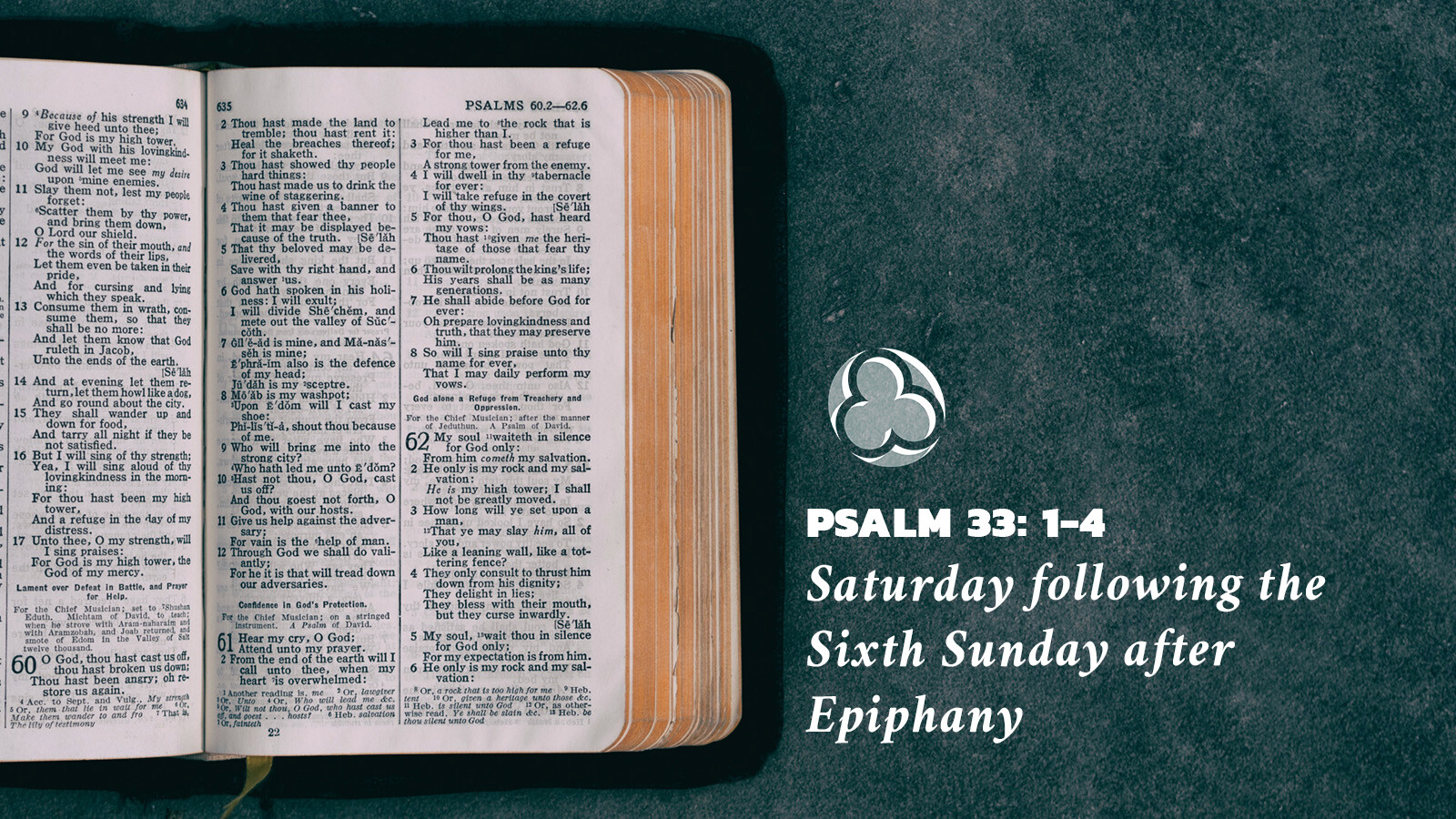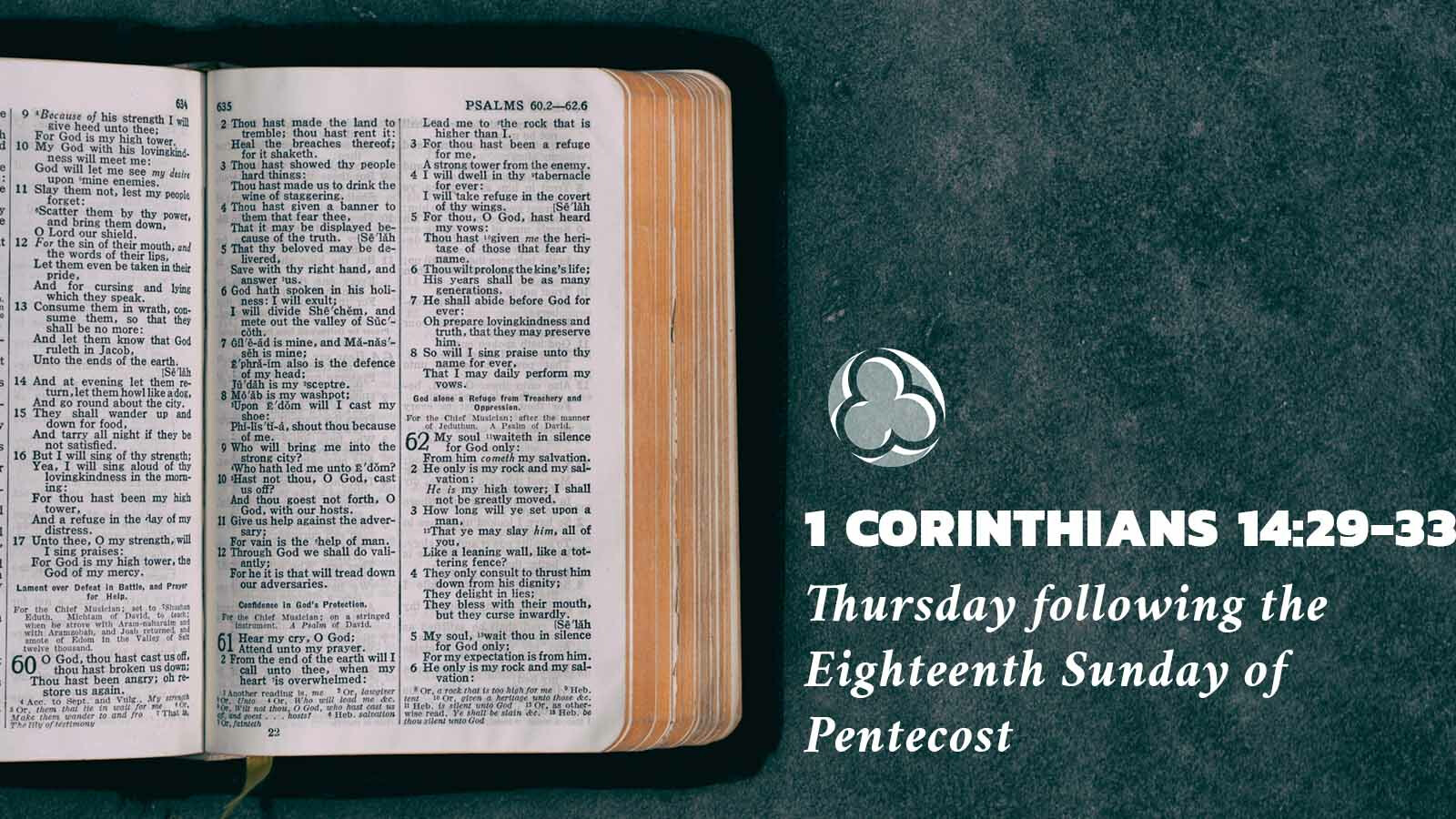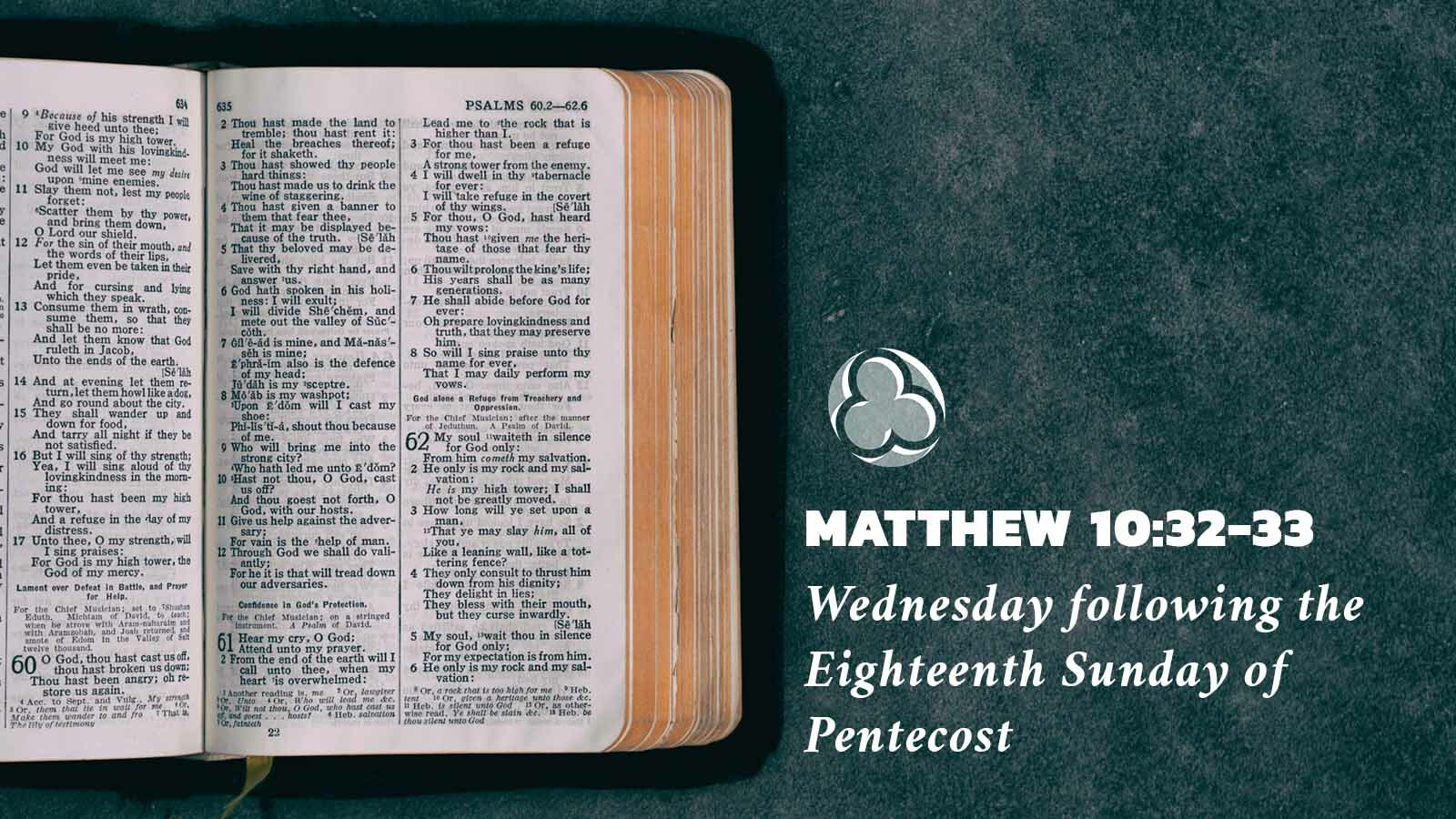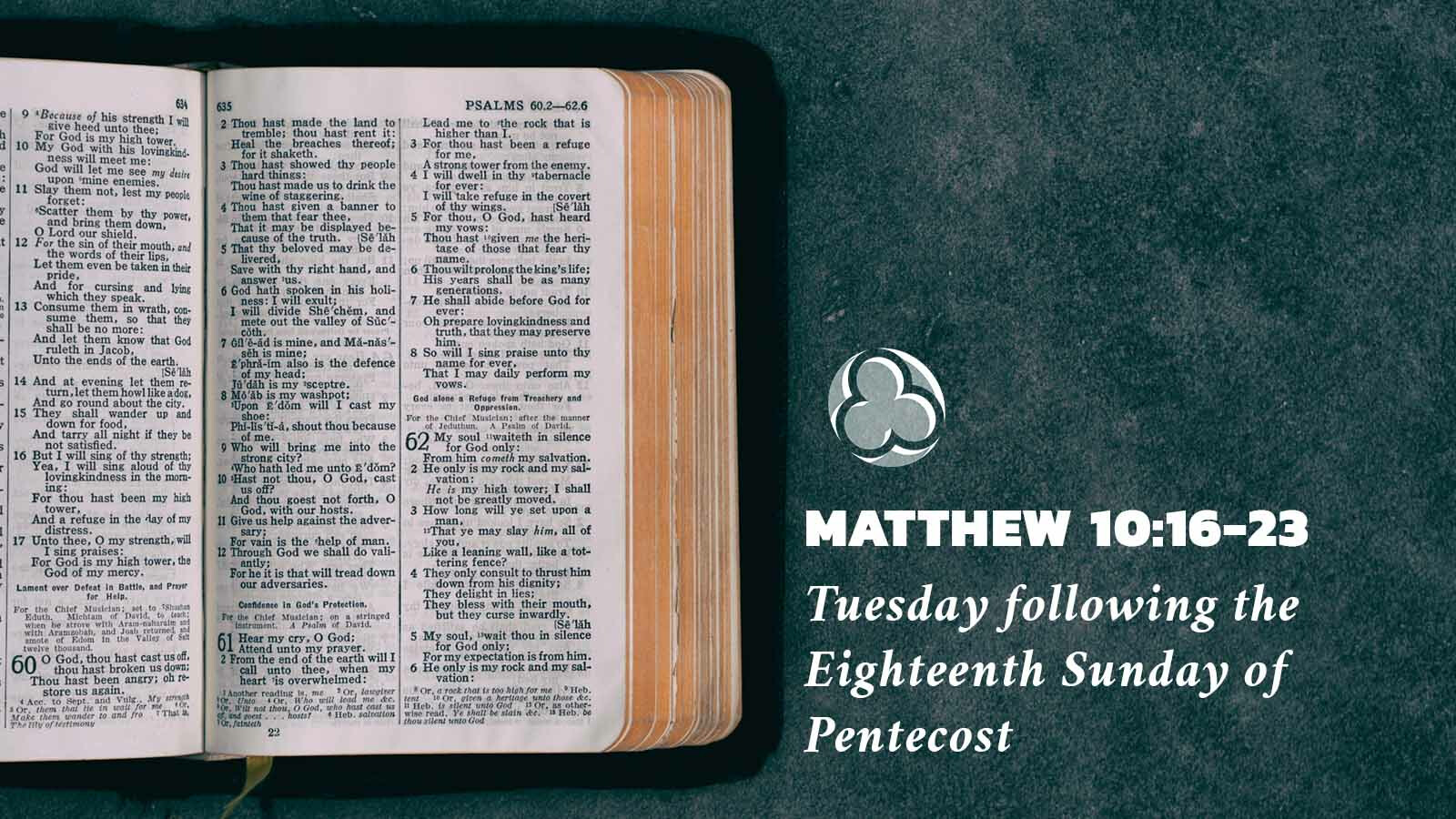
Rejoice in the Lord, you righteous;
It is good for the just to sing praises.
Praise the Lord with the harp;
play to him upon the psaltery and lyre.
Sing for him a new song;
sound a fanfare with all your skill upon the trumpet.
For the word of the Lord is right,
and all his works are sure.
Psalm 33:1-4 Exultate, justi
When our family lived in Connecticut for twenty years, I had to learn to live by the rhythm of four distinct seasons. They were all lovely and each prompted its own life responses from this deep South boy who knew only two seasons, cold-damp and hot-damp.
In January and February the cycles between cold-damp and hot-damp become short and syncopated: cold-damp-hot damp hot-damp--damp-wet-cold-damp. Snow. cold-damp! It’s like a basso continuo, an improvised bass line over which we live the melody of our distinctive New Orleans life. We remark on the weather and keep dancing.
Fortunately, the collective life we conduct here in Catholic New Orleans follows the melodic structure of the Christian liturgical calendar; more specifically a Medieval version of it. From All Saints Day to Easter Morning, we know what the year expects of us and we live into it with earnest abandon. Our Halloween decorations are not afraid of the dark side of the ritual. Thanksgiving embraces cultural traditions and feast-food many cultures view as roast pests or fish-bait. Advent and Lent are actually ‘something’ and Epiphany is a night and a season, lovingly called Twelfth Night and Carnival, respectively. In the end, we will dance on the pool table in sequined gown at F&M’s Patio. The song is ‘If Ever I Cease to Love’ danced over the timeless bass of hot-damp-cold-damp-cold-rain-hot damp. And I’ll see you downtown tomorrow with ashes on our forehead. It is at once frivolous and stitched into our being by faith.
In the same way I favored autumn’s announcement of the approach of winter’s cold death; the end of Carnival, Epiphany, announces the arrival of Lent. Beneath the still cold of winter the seeds of spring are stirring. In the contemplation of Lent, the hope of Easter is being burnished for rebirth.
There is a Sixteenth Century English poem in which Father Christmas exits the banquet hall until we gather next year. It is this week saying, “Come Soft Lent.”
I am Christmas, and now I go my way.
Here have I dwelt with more and less [i.e. everyone]
From Hallowtide till Candlemas,
And now must I from you hence pass;
Now have good day!
And of the good lord of this hall
I take my leave, and of guests all;
Methink I hear Lent doth call;
Now have good day!
Another year I trust I shall
Make merry in this hall,
If rest and peace in England may fall;
Now have good day!
But oftentimes I have heard say
That he is loath to part away
Who often biddeth 'Have good day!'
Now have good day!
Now fare ye well, all in fere; [together]
Now fare ye well for all this year;
Yet for my sake make ye good cheer;
Now have good day!
Now, Have good day!
Prayer for St. Theresa; Margaret Rizza
Loving Lord, grant me the sight to see how Good is this day; and give me the earnest abandon to dance in it like nobody’s looking. Amen.






Login To Leave Comment